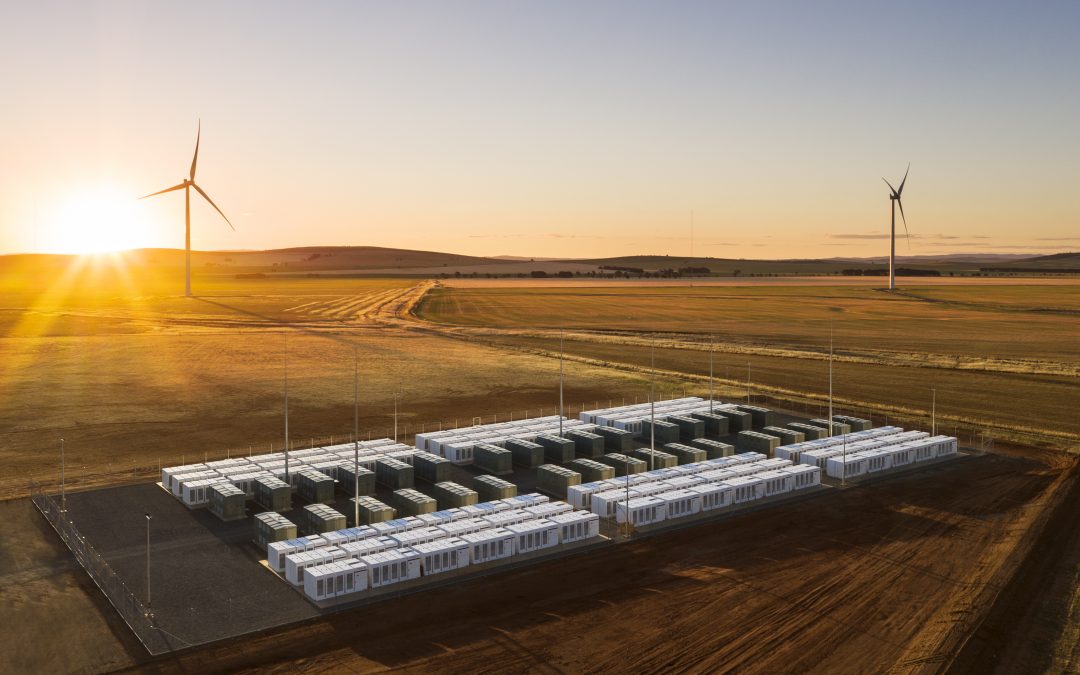Evoenergy, the company which owns and operates the Australian Capital Territory’s electricity network, is proposing “substantial increases” to electricity network charges, saying the Territory’s renewable energy target is to blame for the increase.
The Australian Energy Regulator on Tuesday published Evoenergy’s 2021–22 electricity network pricing proposal, which details the electricity distributor’s plan.
Under the proposal, the network charges for an average residential customer would increase by 37%, adding around $280 to their bill yearly. Commercial customers can expect a 41% increase, raising bills by around $1,660 a year.
“This increase is predominantly driven by a 133% rise in the jurisdictional charge resulting from the ACT Government’s 100% renewable energy target,” Evoenergy’s statement on the changes said.
Network and jurisdictional charges make up around 40% of customers’ overall energy bills.
Evoenergy’s proposal has been sent to the Australian Energy Regulator for approval, with a decision expected in May. If approved, the changes would come into effect on July 1.
Renewable targets cop blame
In 2016, the ACT Government legislated a target to source 100% of the Territory’s electricity from renewable sources by 2020. To reach that target, renewable energy is purchased and offset through contracts under the large-scale feed-in tariff scheme from wind farms and solar farms mostly outside of the Territory, including from South Australia’s Hornsdale Wind Farm.
Evoenergy says the price hikes are to cover the costs associated with the administration of the government’s large-scale feed-in tariff scheme for the next financial year.
Under the scheme, payments are made on a contract-for-difference arrangement, where the payment is calculated as the difference between the fixed feed-in tariff price agreed to in the contract and the wholesale electricity price.
Evoenergy’s Chief Executive Officer John Knox said the sustained decrease in wholesale electricity prices over the past twelve months has driven the company to propose bill increases.
“What we’ve seen over the past year is a significant drop in wholesale electricity prices which has increased the payments Evoenergy has had to make under the scheme. This has resulted in a tripling of the funds Evoenergy requires to make large-scale feed-in tariff payments to generators, from around $42m in the current financial year to $127m in 2021–22,” Knox said.
“The significant jurisdictional charge increase, combined with smaller transmission and distribution charge increases, is expected to result in an average network increase of around 41 per cent higher than 2020–21.”
“We understand passing through any increase is difficult for the ACT community, let alone one of this size.”
This afternoon, Energy Networks Australia (ENA) called for changes to the Territory’s large-scale feed-in tariff in response to Evoenergy’s proposal. General Manager of Corporate Affairs at the ENA, Tamatha Smith, said the looming bill hikes should serve as a “cautionary tale” for other states going it alone on energy policy.
Evoenergy said it will continue to work with the ACT Government as part of its administrative responsibility.
The Australian Energy Regulator will now assess Evoenergy’s network electricity pricing proposal with a final decision expected in May 2021.
CORRECTION: This article was amended on April 7, 2021. The previous version stated Evoenergy’s proposal would increase average power bills by around 40%. In reality, the 40% increase relates to network charges, which is a component of the overall power bill.
This content is protected by copyright and may not be reused. If you want to cooperate with us and would like to reuse some of our content, please contact: editors@pv-magazine.com.









By submitting this form you agree to pv magazine using your data for the purposes of publishing your comment.
Your personal data will only be disclosed or otherwise transmitted to third parties for the purposes of spam filtering or if this is necessary for technical maintenance of the website. Any other transfer to third parties will not take place unless this is justified on the basis of applicable data protection regulations or if pv magazine is legally obliged to do so.
You may revoke this consent at any time with effect for the future, in which case your personal data will be deleted immediately. Otherwise, your data will be deleted if pv magazine has processed your request or the purpose of data storage is fulfilled.
Further information on data privacy can be found in our Data Protection Policy.